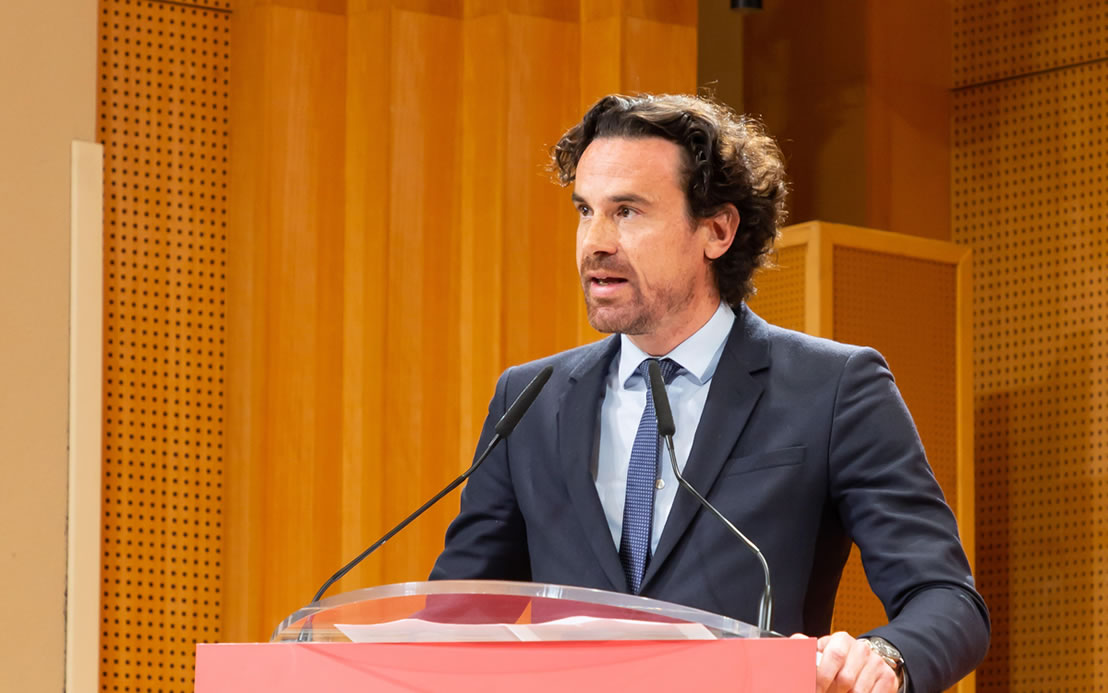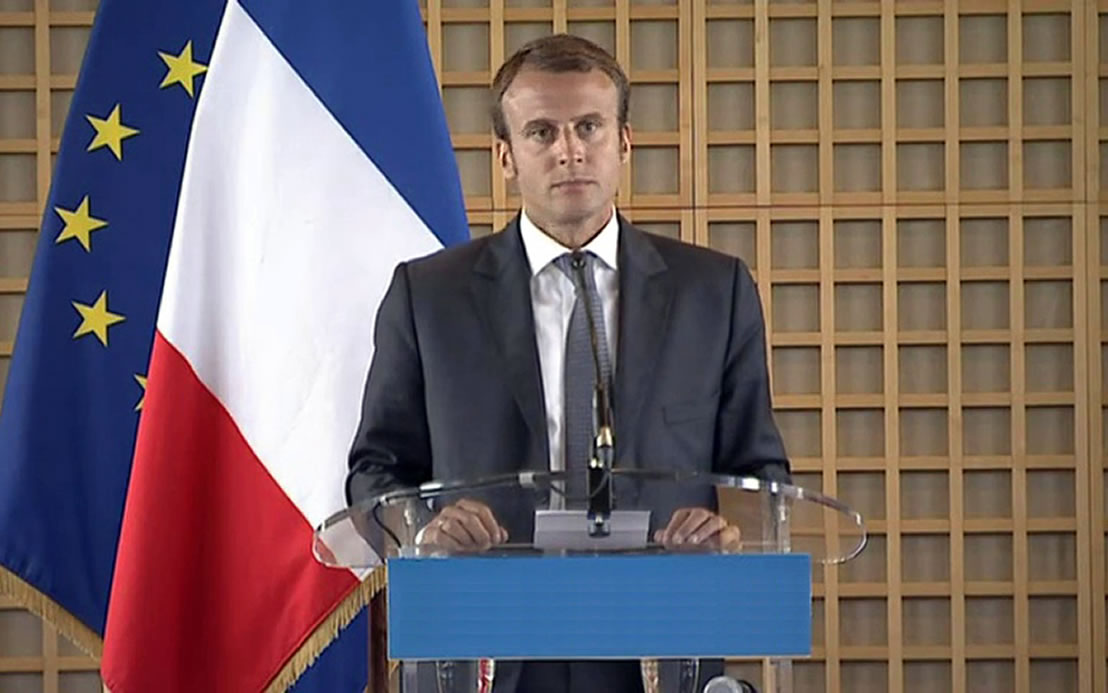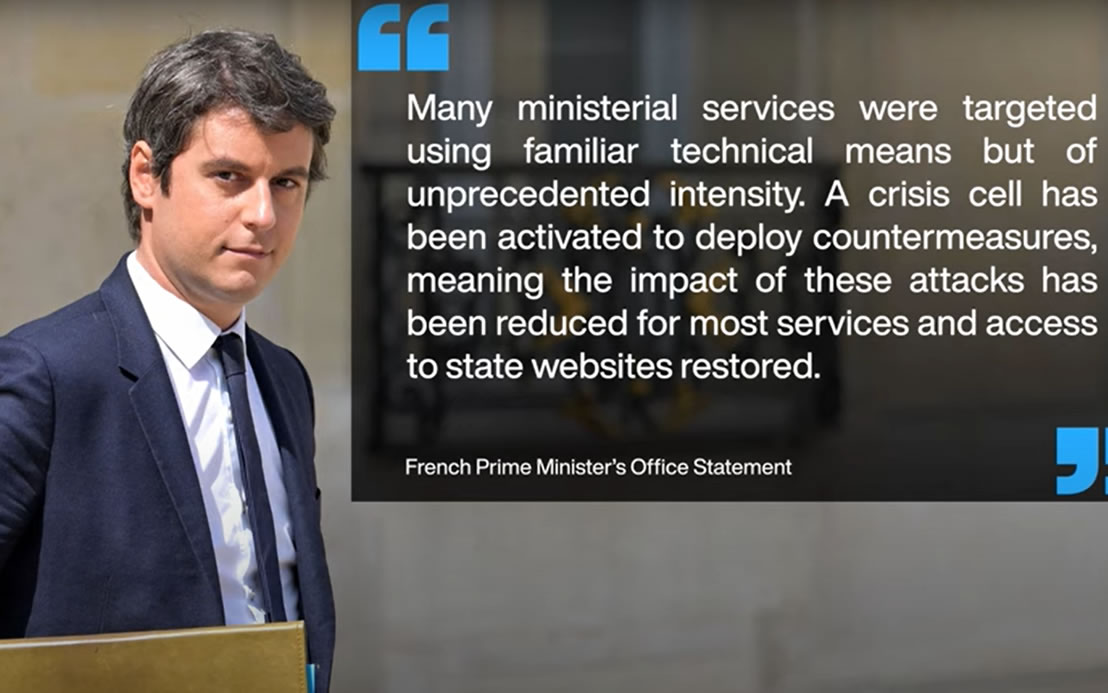Explore how French lawmakers are taking measures to slow down fast fashion, particularly from Chinese mass producers, with penalties and regulations. Understand the environmental concerns driving this legislation and its potential impact on the fashion industry.
Combatting Fast Fashion: France Takes a Stand
French lawmakers have taken a significant step in combatting fast fashion by passing legislation aimed at slowing down the rapid production and consumption of cheap textiles, especially from Chinese mass producers. This move reflects growing environmental concerns and aims to curb the detrimental impact of the fashion industry on the planet.
Key Measures to Slow Down Fast Fashion
The legislation introduced by French lawmakers includes several key measures to address the challenges posed by fast fashion. These measures include banning advertising for the cheapest textiles, imposing environmental charges on low-cost items, and introducing criteria to define fast fashion based on production volumes and turnover speed.
Environmental Concerns Driving Legislative Action
One of the primary drivers behind the new legislation is the pressing environmental concerns associated with the fashion industry. Lawmakers highlight the industry's significant contribution to greenhouse gas emissions and water pollution. By targeting fast fashion, France aims to reduce its ecological footprint and promote more sustainable practices in clothing production.
Penalties and Incentives for Sustainable Fashion
The legislation proposes penalties for fast fashion producers who fail to comply with environmental regulations, including informing consumers about the environmental impact of their products. Additionally, a surcharge linked to the ecological footprint of fast fashion items will be implemented, with the proceeds used to subsidize producers of sustainable clothing. These measures aim to create incentives for a shift towards more sustainable fashion practices.
Challenges and Future Outlook
While the new legislation represents a significant step towards combating fast fashion, it also poses challenges for the fashion industry. Critics argue that restrictions on advertising and penalties for producers could stifle innovation and creativity in fashion. However, proponents emphasize the importance of prioritizing environmental sustainability and believe that these measures will encourage positive change in the industry.
Through these legislative efforts, France aims to lead the way in promoting more sustainable practices in the fashion industry, setting an example for other countries to follow.















